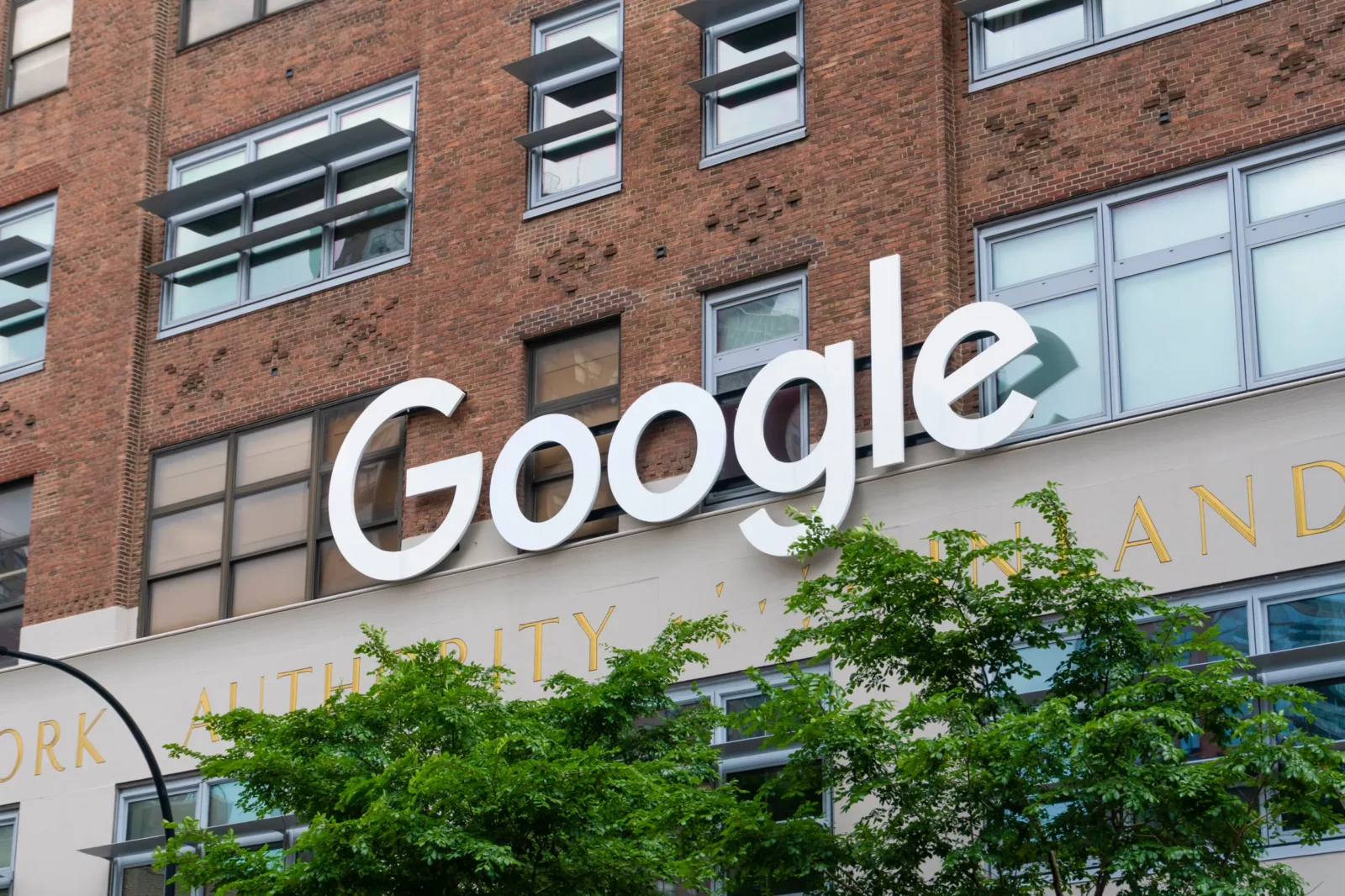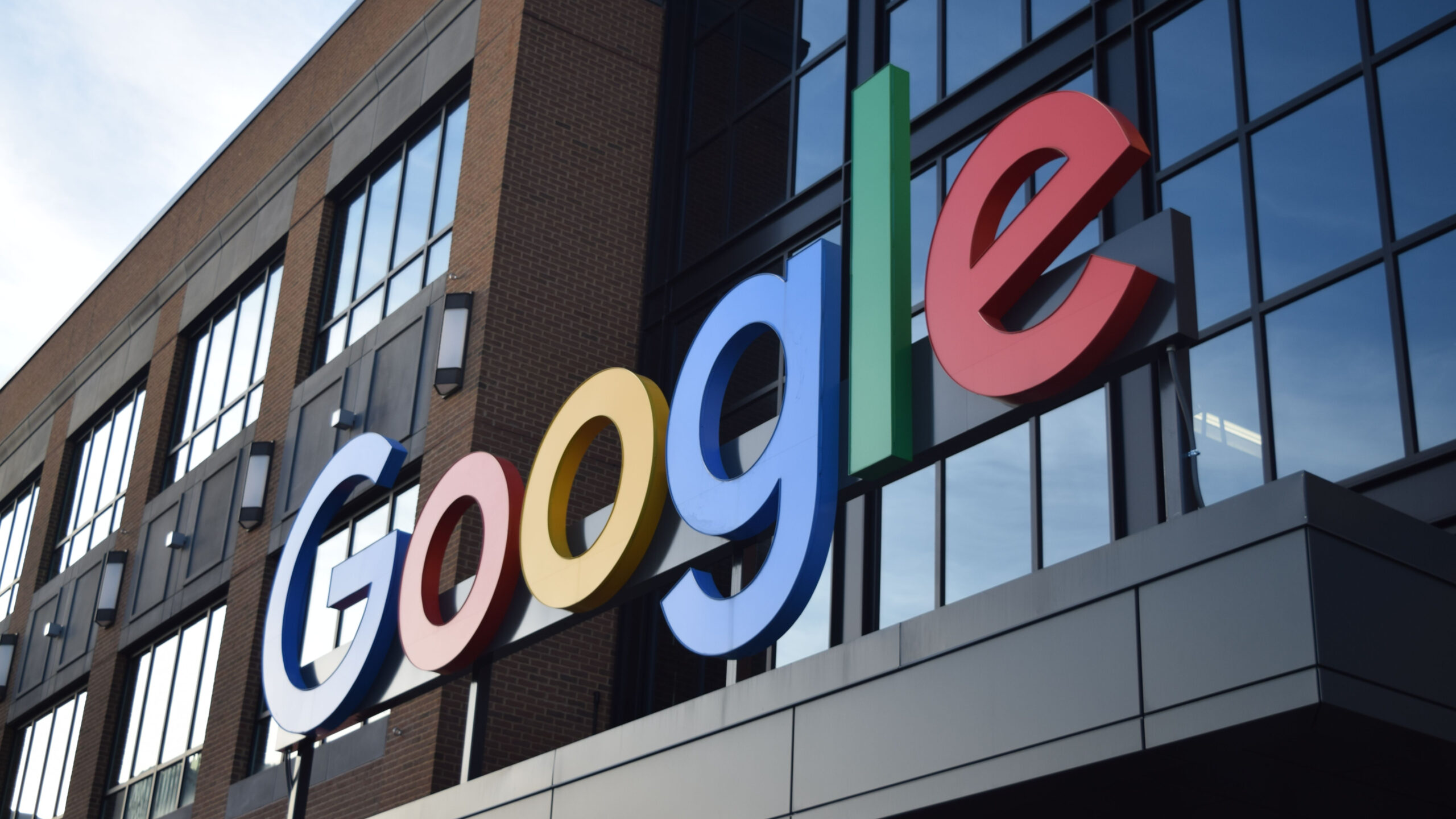When Antitrust is Anticompetitive: TripAdvisor Seeks EU Competition Case Against Google to Protect Its Profit Margins
Executives and shareholders don’t like competition. For good reason. It squeezes their margins, by making them compete more aggressively on price and innovation. (Warren Buffett refers to the phenomenon of companies being shielded from competition as a “moat”, and it is one of the key criteria he looks for in his investments.)
However, for obvious reasons, society encourages competition. Economic growth and innovation from the Roman empire through the Renaissance was impeded by rulers handing out monopolies like candy (and then taking a share of the excess profits, as selling favors was more palatable than trying to collect taxes), thus preventing competition and innovative new methods of providing the same service.
In fact, that very notion of entrenched, powerful interests harming competition, consumers and society was what motivated the United States (and then subsequent jurisdictions) to pass the first strands of modern antitrust law. (To be fair to our northern neighbors, Canada passed its law in 1889, one year before the U.S. enacted the now famous Sherman Act.)
However, antitrust law can be subverted to prevent legitimate competition. In that way, if used imprudently, antitrust can inflict the same harm that it was created to solve.
In discussing private antitrust lawsuits (the same is true of firms that use their legal and political resources to encourage governments to bring antitrust suits on their behalf), three notable economists pointed out:
Private firms will generally pursue antitrust actions when it is in the private firm’s interest, an interest that could easily diverge from the social interest. Firms may have incentive to use the antitrust laws strategically, which may hinder rather than promote competition.
Therefore, the job of an antitrust regulator is to sort out which antitrust complaints are legitimate (companies are victims of another’s abuse of market power to impede competition or innovation) versus illegitimate (companies are trying to get the government to slow down an aggressive competitor).
A recent series of Financial Times articles illustrates the latter case. The first article [paywall] discusses TripAdvisor’s involvement in the campaign to get the European Union to bring a competition case against Google. It also features the founder and CEO of TripAdvisor, Steve Kaufer, complaining about Google using its size and resources to compete with his company. (He also curiously complains about Google “scraping” TripAdvisor’s content, which not only is perfectly legal if only snippets are displayed — in fact, this is practice makes the entire search industry possible — but also is a practice that Google has ceased for its review sites, and pledged not to do going forward in its settlement with the FTC. This is doubly ironic seeing as TripAdvisor makes its money from aggregating and organizing other people’s content — reviews, booking info, pricing, etc. — which is the very same thing Google does, just on a smaller scale.)
In the article, Kaufer is quoted as saying:
I do think, because of [Google’s] dominance, that there needs to be some regulatory control, to make sure they don’t abuse that position, going forward.
From the way it sounds, Google must be on the verge of wiping out TripAdvisor, right? Wrong. TripAdvisor is prospering. It seems that Kaufer just doesn’t like the competition — legitimate or not. At least that is the FT’s reading of it. The newspaper followed up the initial article with an editorial [paywall] that addressed Kaufer’s complaints.
As the op-ed points outs, TripAdvisor’s business is soaring and shares of the company have risen 75% in the last 5 months. Furthermore, its stock trades at 30 times next year’s forecasted earnings, so the market thinks their growth potential is strong. Then the paper’s well respected editorial board digs into the true motivations behind TripAdvisor’s complaint:
It is nervous-making for any company to occupy a space Google is eyeing, and Google is keen on travel, as its $700m purchase of flight-pricing software company ITA in 2010 showed. TripAdvisor has joined Expedia and Microsoft in urging Europe’s antitrust authorities to prevent Google from using its dominance in internet search to dominate the travel search market. US authorities were right to decline a similar entreaty.
There is nothing wrong with Google taking advantage of its scale, wealth and wherewithal to bring its customers well-targeted travel information, as long as its own products remain clearly distinguished in its search results and switching to competitors remains costless.
So, if reason prevails, TripAdvisor will have to fight Google without regulatory help. It has done well so far, expanding sales (ads, mostly) at 25 per cent annually for the past three years. And it will be very hard for Google to reproduce the depth of information at TripAdvisor. That does not mean the pressure won’t hit TripAdvisor’s fat margins.
Antitrust enforcement isn’t supposed to protect companies from competition — even if that competition comes from well-funded competitors. Antitrust aims to protect competition from companies. The beneficiary of antitrust law is the public, not any particular enterprise.
Consumers win when Google and TripAdvisor aggressively compete. Well functioning competition law is not concerned with protecting TripAdvisor’s profit margins — even if TripAdvisor would like it to be. Kudos to the Financial Times for following up their own reporting with an op-ed putting the story in context.








